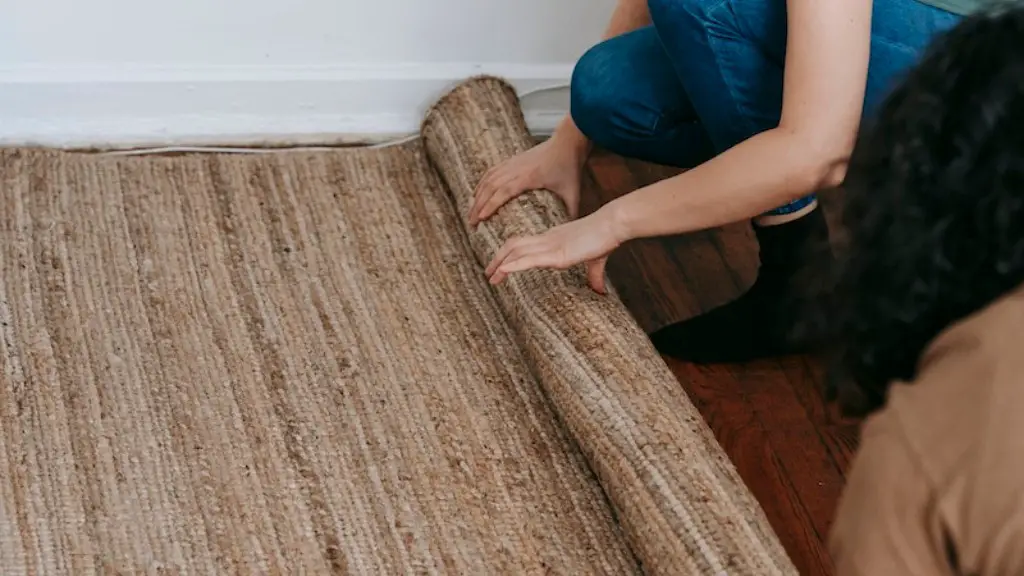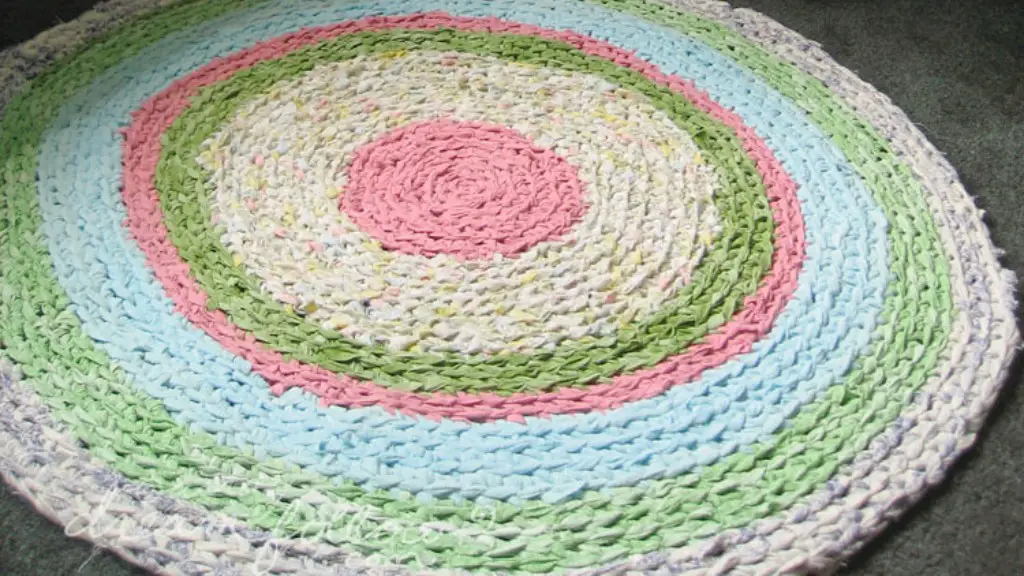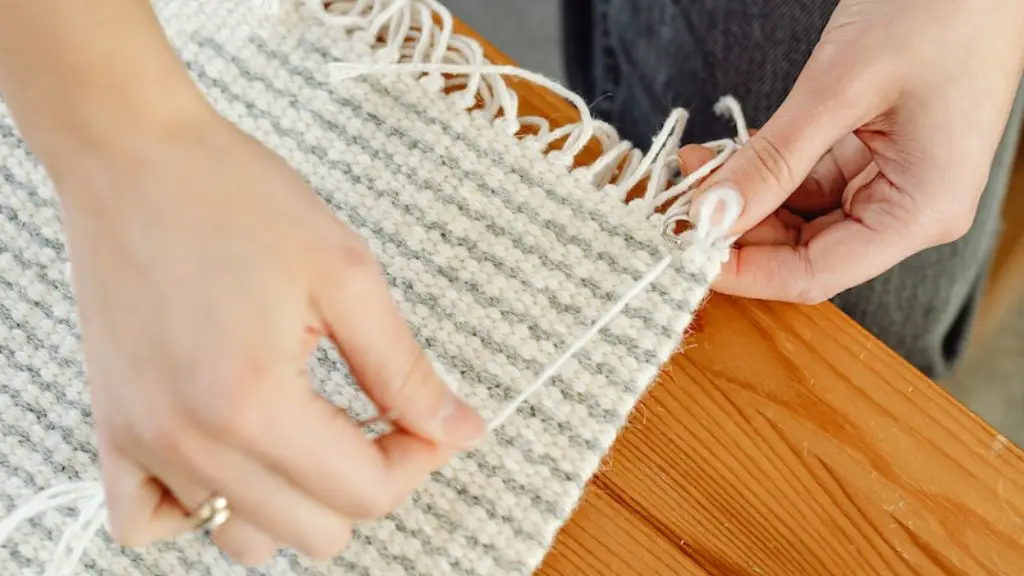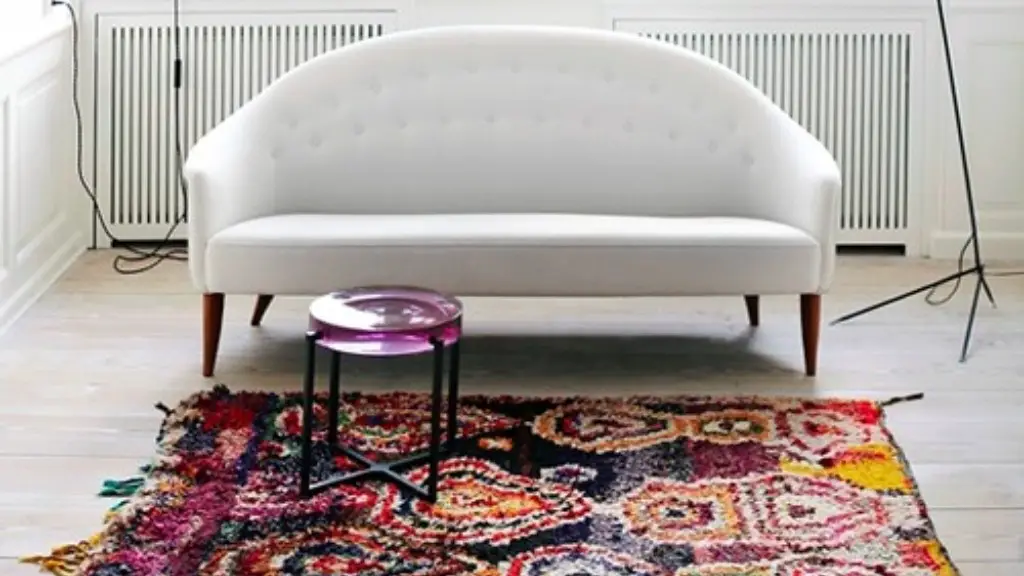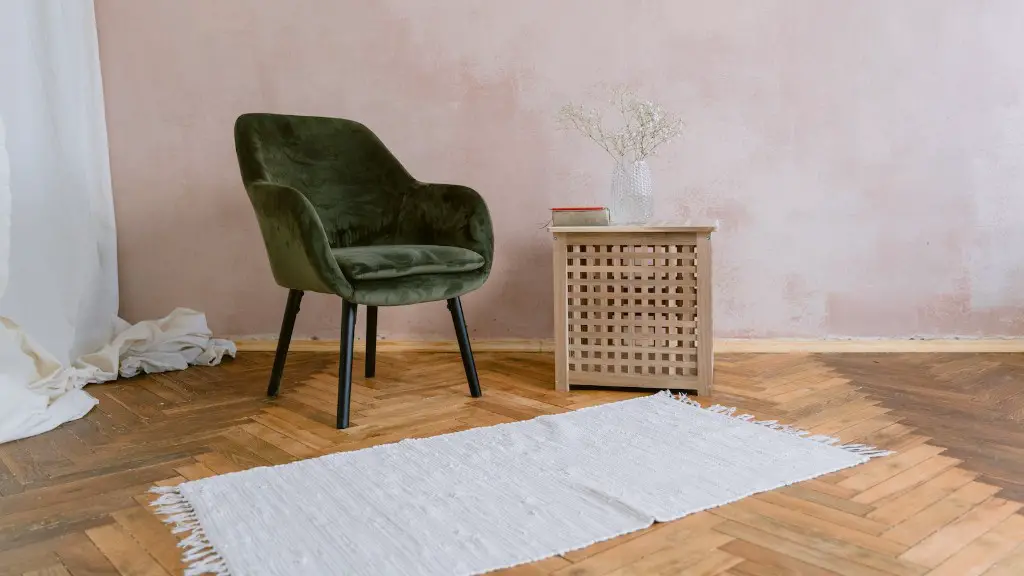The topic of whether or not you can ask your landlord to remove carpeting from your rental unit is a controversial one. There are pros and cons to both sides of the argument. Some people feel that it is their right to ask their landlord to remove carpeting if they do not want it in their unit, while others feel that it is the landlord’s prerogative to decide what type of flooring is in the unit. Ultimately, the decision of whether or not to ask your landlord to remove carpeting from your rental unit is a personal one.
You can ask your landlord to remove the carpet, but they are not required to do so.
How often should carpet be replaced?
Carpet has come a long way over the years and today its lifespan is usually anywhere from 5 to 15 years. The length of time that a specific carpet lasts depends on the type of carpet, carpet cushion, carpet fibers, and wear and tear the carpet is exposed to. Carpet is a great way to add comfort and style to your home and with proper care, it can last for many years.
A carpet’s useful life is eight to 10 years under California landlord-tenant guidelines. The cost of replacing the carpeting would have to be prorated over a 10-year period. The cost of replacing the carpet after 10 years is the responsibility of the landlord.
How often does a landlord have to replace carpet in Georgia
Carpet in a residential rental property wears out after 5 years, at least for tax purposes, based on the general depreciation system. This means that you can deduct a certain amount of the cost of the carpet each year as it “wears out”.
The IRS estimates that the useful life of carpet in a rental property is approximately five years. This means that you can deduct a portion of the cost of the carpet each year as it wears out.
Who is responsible for replacing carpets in rented property?
The landlord is usually responsible for replacing a carpet when it wears out, unless the tenant has damaged it. This only applies when the property is rented furnished or semi-furnished with the carpets included in the tenancy agreement. Carpets should only be subject to normal wear and tear.
If you or your family are suffering from any of the following symptoms, it could be an indication that your carpet is harbouring allergens: watery, red, or itchy eyes; tightness in the chest; wheezing; excessive sneezing; blocked or runny nose; rashes; itchy skin. If you suspect that your carpet may be to blame for your symptoms, it’s important to have it professionally cleaned as soon as possible to remove the allergens and improve your health.
Does carpet devalue your home?
It is important to have brand new, fresh carpet when selling a home as it is one of the main focal points that buyers see when touring a property. This will help increase the value of the home.
Hi,
Just wanted to let you know that legally, your landlord is not required to replace carpet unless there’s a proper reason to do so (like the health hazards mentioned above). That’s because when you signed your lease on move-in day, you accepted the place as it was — even if you didn’t notice quite how brown the carpet was at the time.
Hope this info is helpful!
Best,
[Your Name]
Should I depreciate carpet in a rental property
Carpets, furniture, and appliances used in a rental property must be depreciated over 5 years, using the general straight-line depreciation system. Depreciation is a non-cash expense that rental property investors can use to reduce taxable net income.
This is to inform you that according to the Georgia law, a landlord cannot make a tenant make or pay for repairs, unless that tenant, his/her family or guests caused the damage. For serious repair problems, local housing code departments can inspect for possible violations.
Can I withhold rent for repairs in GA?
Georgian law does not allow for tenants to withhold their rent due to repairs needed on the property. However, if a tenant can prove that they gave the landlord notice of the needed repair, they can sue the landlord in court for failure to repair. Another solution is to do the repairs – or have someone else do them – on the property.
This is called the “rent rebate period.” If your landlord has been convicted of an offence or been found guilty, you can reclaim up to twelve months’ rent.
What are my rights as a tenant in Maryland
If you are a renter, you may have the right to continue renting your property even after it has been foreclosed. You should seek legal advice to determine whether you have these legal rights under the new law.
If you believe that your rental unit is uninhabitable due to conditions that pose a threat to your life, health, or safety, you can withhold rent. You must provide actual notice of the defects to your landlord – this can be done by certified mail, or they may be notified of the violations from an appropriate government agency, such as the local housing department. Keep in mind that withholding rent should always be a last resort, as it may put you at risk of eviction.
How late can you be on rent before eviction?
As a tenant, it is important to be aware of how far behind on rent you can get before eviction. The law varies depending on the type of tenancy agreement you have with your landlord. But, generally, it states that a tenant has to be 8 weeks behind on rent (if paying weekly) or two months behind (if paying monthly) before eviction proceedings can begin. If you find yourself in a situation where you are behind on rent, it is important to communicate with your landlord and try to come to a resolution. If you are unable to come to an agreement, then you may risk being evicted from your home.
Even if carpets, furniture or appliances cannot be cleaned or repaired, your landlord cannot usually charge the full cost of replacement unless: you have not lived there long the items were new at the start of the tenancy.
Warp Up
Yes, you can certainly ask your landlord to remove the carpet in your rental unit. However, whether or not they will agree to do so is entirely up to them. If you have a valid reason for wanting the carpet removed (e.g., you have allergies and it is triggering your symptoms), be sure to explain this to your landlord in a polite and reasonable manner. They may be more likely to agree to your request if they understand your reasoning.
Yes, you can ask your landlord to remove the carpet. If they do not want to remove it, you may be able to get a discount on your rent.

